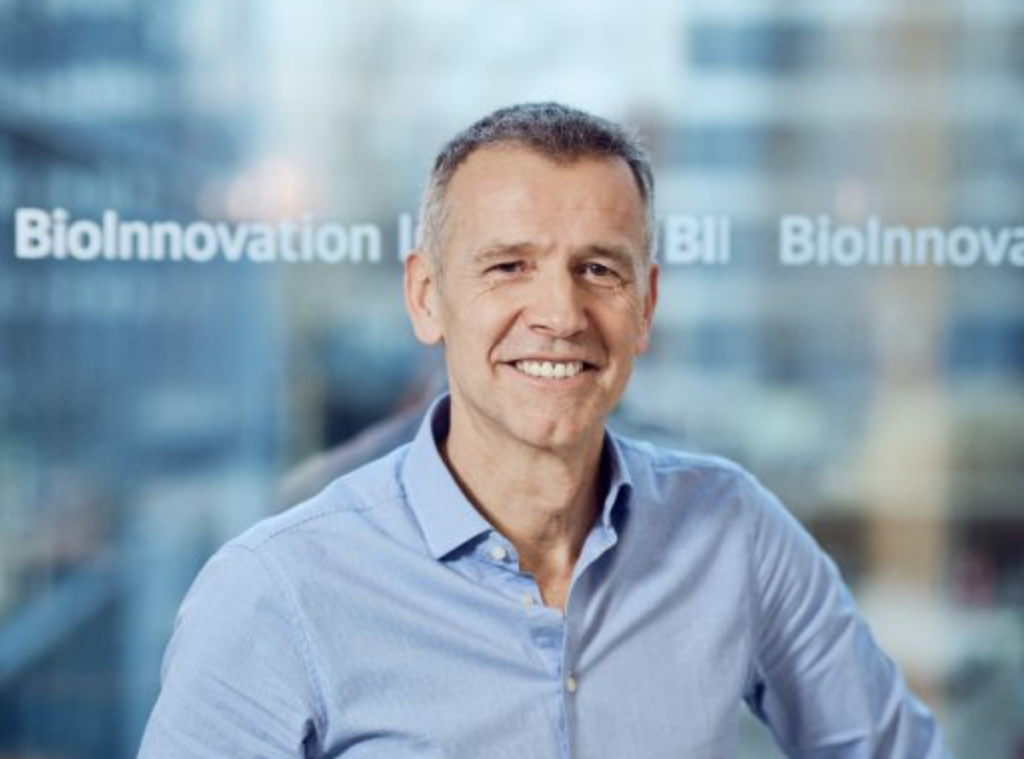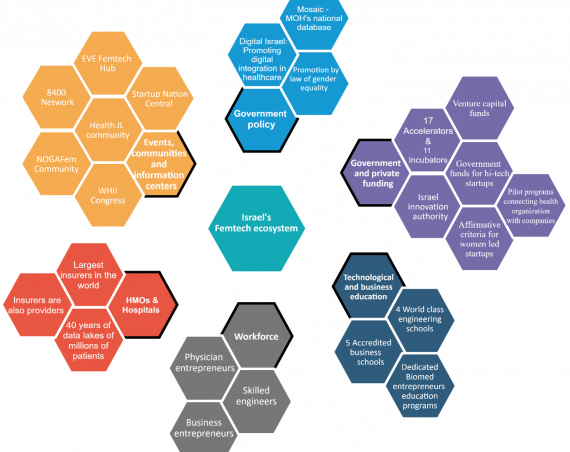
Endometriosis, a debilitating disease affecting nearly 190 million women globally, has long been under-recognized and inadequately treated. The need for innovation in the field is evident, and a recent initiative from BioInnovation Institute (BII)‘s Bio Studio program might be a breakthrough.
The CurE-me project, under the leadership of Professor Hugo Vankelecom from KU Leuven, seeks to unearth new therapeutic drugs to tackle endometriosis. The project will harness the development of an organoid biobank into an endometriosis drug discovery and screening platform, and will test targeted, repurposing and unbiased compound libraries to identify and develop non-toxic therapeutics that directly impact the endometriotic ectopic lesions.
One of the cornerstones of this research lies in the unique collaboration with University Hospitals Leuven (UZ Leuven). Together, they have obtained biopsy samples from endometriosis patients, culminating in the creation of this organoid biobank. Organoids, often described as ‘mini-organs’ in a dish, are compelling avatars for diseases. They accurately mimic the endometriotic outgrowths or lesions, which are the primary cause of endometriosis. This biobank is set to play a pivotal role in drug screening, potentially leading to more effective treatments than those currently available.
“From day one in the Bio Studio program, we will screen for molecules and pathways that can lead to discovering drugs to treat endometriosis. Being able to work towards this sole focus with the BioInnovation Institute (BII) accelerates the project immensely, and that drew me towards being part of the program together with a funding option in an area where it’s difficult to attract funding”, says Hugo Vankelecom.
He further emphasizes that his group already has identified several pathways that can be immediately targeted. In parallel, the project will explore additional pathways and avenues. The drug discovery efforts will be complemented with extensive business development support at BII to facilitate spinning out a viable company.
“I remember during the application process, the question was asked why I couldn’t do this myself with our access to samples and the organoid biobank. When confronted with this question, one must know that I’m a scientist by heart and don’t have the expertise to bring research like this to the market. On the other hand, BII has vast experience with similar cases, and thus, there is a perfect complementary fit”, says Hugo Vankelecom.
BII will support the project with an in-kind grant of up to 1M EUR per year for a project period of up to three years, and with business development expertise, intellectual property support, investor network access, and wet lab and office infrastructure facilitating inter-project cross-fertilization and project acceleration.
As a unique value proposition of the Bio Studio program, patents generated during the project period will remain at KU Leuven, laying the foundation for a potential spin-off company under the guidance of KU Leuven Research and Development (LRD, the KU Leuven’s technology transfer office).
The BioInnovation Institute will furnish the CurE-me project with both financial and infrastructural support. This includes an in-kind grant of up to 1M EUR annually for up to three years, access to their investor network, intellectual property guidance, and state-of-the-art wet lab and office facilities.
A standout feature of this collaboration is the patent agreement. Any intellectual property generated during the project’s tenure will be retained by KU Leuven. This sets the stage for a potential spin-off company, supervised by KU Leuven Research and Development (LRD), the university’s technology transfer office.
Endometriosis is characterized by tissue akin to the womb’s lining growing outside the uterus, leading to endometriotic lesions. Its symptoms, which include chronic pelvic pain, significant menstrual pain, pain during or post-sexual activity, blood in urine during menstruation, fatigue, and even infertility, impact 1 in 10 women of reproductive age across the world.
In conclusion, Professor Vankelecom remarked: “The collaborative framework with BII is undoubtedly favorable for the university. We’re optimistic about the path ahead and are committed to developing a much-needed treatment for the countless women battling endometriosis.”



